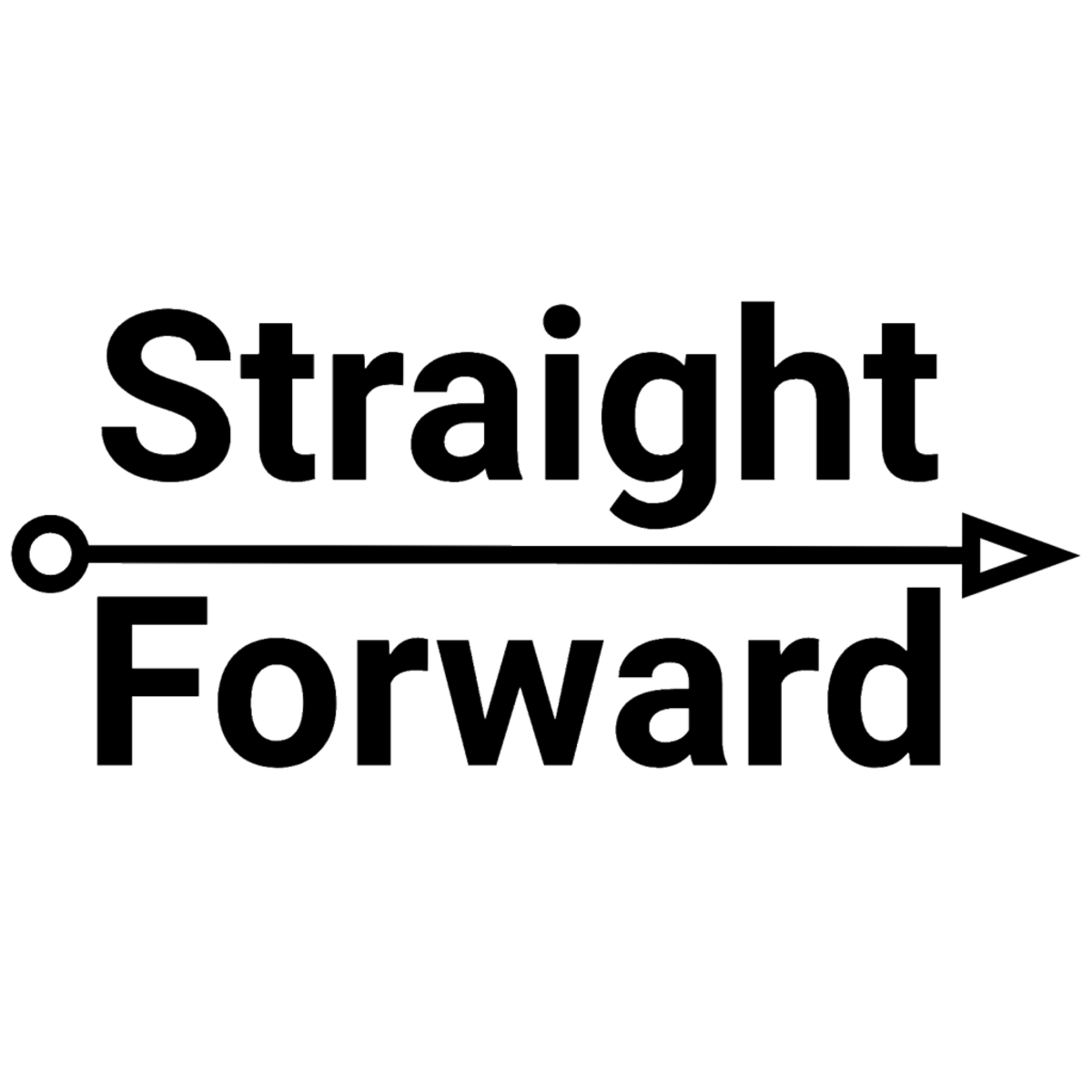A game with no luck at all, like Beggar Thy Neighbour, is deterministic and is a pretty boring game reserved exclusively for long train rides with toddlers😴.
Risk, on the other hand, is a game that has such stupendous amounts of dice-rolling towards the end of the game as your armies steamroller across the steppes of Asia that it actually balances things out. In the same vein as the Central Limit Theorem, that I find comes up surprisingly often in real life, you may have as much chance of getting a 6 as getting a 1 on a die roll but when you roll it one hundred times you are extremely likely to have an average of nearly 3.5.
Cribbage (no I don’t sit in dark corners of pubs drinking mild every evening, but yes I do like cribbage), for me has the perfect balance of luck. Even though you get a random hand of cards, and there are plenty of chances, the better player tends to win out.
That is to say that the better player in the game should be much more likely to win the game, but not certain to. After all, if the same person wins every time, it’s not much of a game (I am fully onboard with chess being a sport♟️). As a guide for making your own games I would suggest that a player who does nothing should be highly unlikely to win but a player who makes a few non-optimal choices should have a realistic possibility of winning (hands in the air for fans of the PHIA probability yardstick 🙌).
For the Electioneer series of card games, even if we think we know the real election result would be a whitewash, we want a game where different outcomes are possible and it feels different and interesting every time. The reviews we’ve had seem to confirm it, and my one friend who always complained that the Republicans won in Electioneer-US might just be a little bit biased… 😉

